A new public service campaign featuring the actor Rosario Dawson and other Hollywood stars aims to alert Americans not to be duped by AI-generated deepfakes designed to mislead them about when, where and how to vote on Election Day.
“If something seems off, it probably is,” Dawson warns in the video spot, shared exclusively with NBC News.
Other celebrities featured in the video include Chris Rock, Laura Dern, Michael Douglas, Amy Schumer and Jonathan Scott delivering the message that Americans should rely on state secretaries of state for information about voting in the 2024 election and not to fall for unverified claims about alleged changes at polling stations.
The celebrities say Americans may receive a fake message claiming voting has been extended, or a polling location has closed or changed due to an emergency, or that new documentation is required to vote. “These are all scams designed to trick you into not voting. Don’t fall for it,” the celebrities say.
At the end, the video reveals that some of the Hollywood stars are mere deepfakes, with their voices and images superimposed on other actors.
The public service announcement, organized by the nonpartisan group RepresentUs and set to appear on YouTube, comes amid growing concern that artificial intelligence technology could be used to confuse Americans about the time, place or manner of voting at their local polling places.
False information and other dirty tricks aimed at discouraging people from going to the polls is nothing new. But increasingly advanced A.I. tools could make it easier to confuse and deceive voters with video and audio that looks and sounds plausible, experts say.
“We’re not going to stop this from coming into existence,” said Miles Taylor, one of the organizers of the campaign. “But what we can do is make people aware that this is the new spam, that this is going to be the type of thing they see all the time online that tries to deceive them, and to make sure that they don’t fall for that deception, especially in a critical period of democratic transition.”
In January, AI-generated deepfake robocalls mimicking President Joe Biden’s voice urged voters to stay home and not take part in the New Hampshire Democratic primary. And last month, a deepfake caller posing as Ukraine’s former foreign minister held a Zoom meeting with the chairman of the Senate Foreign Relations Committee, Democratic Sen. Ben Cardin of Maryland.
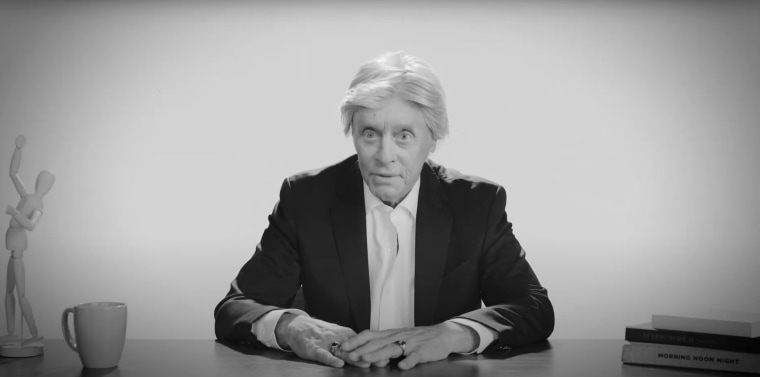 Michael Douglas – or is it? – in the new public service campaign warning of election disinformation. represent Us
Michael Douglas – or is it? – in the new public service campaign warning of election disinformation. represent UsIf the technology “can be deployed against sitting U.S. senators effectively, then your average voter could be a potential target,” said Taylor, a former senior official in the Department of Homeland Security during the Trump administration who resigned in 2019 and publicly criticized the former president.
Taylor and other organizers said that as AI technology improves at a rapid pace, raising public awareness will be crucial to inoculating Americans against attempts to spread false information, especially during an election year.
Joshua Graham Lynn, CEO and founder of RepresentUs, said that using a light-hearted approach with celebrities offered a way to alert Americans to the issue without causing panic.
“It was really important on this particular issue to get the point across, to not freak people out, but to get them thinking about it,” Lynn said.
All the celebrities involved "were enthusiastic about doing it because they want to get the message in front of voters,” Lynn said.
Instead of trying to mimic a nationally known figure, the effort to mislead voters could try to use a deepfake to persuade a voter that they are hearing from a local election official or a church leader, experts and former election officials say.
“You could make quite a lot of havoc just by hitting a number of precincts across the country, and because it’s not a known individual, it would be a little harder to verify quickly,” said Kathy Boockvar, the former secretary of state in Pennsylvania.
Organizers of the campaign ran simulations over the past year to try to anticipate what might happen in this year’s election with AI-powered tools. "The most alarming scenarios were the ones where deep fake technologies were used to target local voters and to try to deceive them about their right to vote," Taylor said.
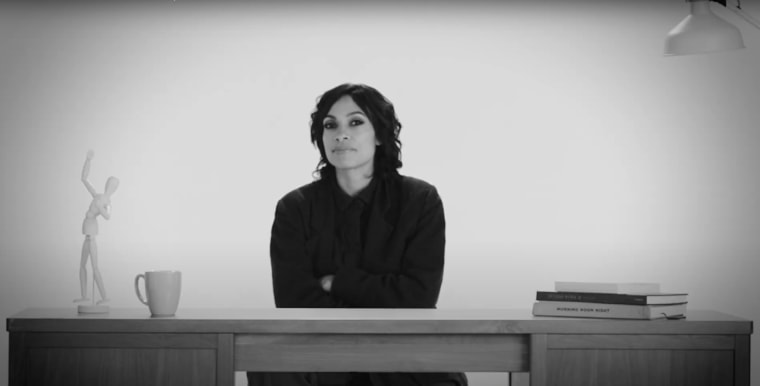 The campaign features several Hollywood actors, including Rosario Dawson.represent Us
The campaign features several Hollywood actors, including Rosario Dawson.represent UsThe campaign does not attempt to tackle or fact-check the flood of false information circulating this election cycle, from candidates, commentators, deepfakes or other means. Instead, it focuses on verifiable, concrete details about when, where and how Americans can cast ballots on Election Day, Lynn said.
"No one should come between an American and their vote," Dawson said in a statement. "Unfortunately, it’s safe to say people are going to try."
To assist understaffed state and local election offices in handling the onslaught of false information, including deepfakes, a nonpartisan coalition of more than 70 nonprofits have organized to help election authorities identify and debunk false information about voting before it goes viral.
Efforts to mislead Americans about their ability to vote may have already begun, according to rights groups.
Last week in Wisconsin, voting rights advocates asked state and federal authorities to investigate anonymous text messages that seemed aimed at intimidating college students from voting.
College students in Wisconsin are permitted to register to vote either at their home or their school address.
In the 2020 election, U.S. authorities accused Iran of sending emails to Democratic voters in multiple battleground states aimed at intimidating them into voting for then-President Donald Trump. The emails falsely claimed to be from the far-right group Proud Boys and warned the recipients that “we will come after you” if they didn’t vote for Trump. It's unclear to what degree it had any effect. Iran has denied trying to interfere in U.S. elections.
Dan De Luce is a reporter for the NBC News Investigative Unit.

 1 mese fa
7
1 mese fa
7
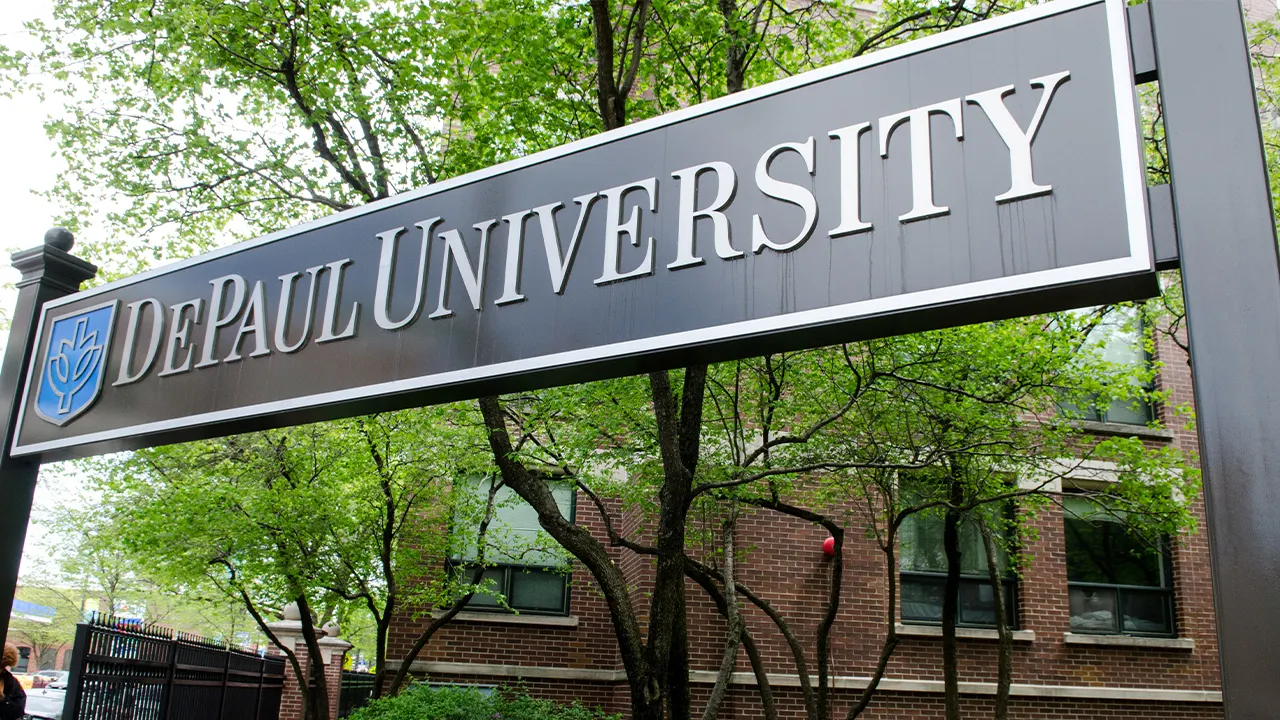

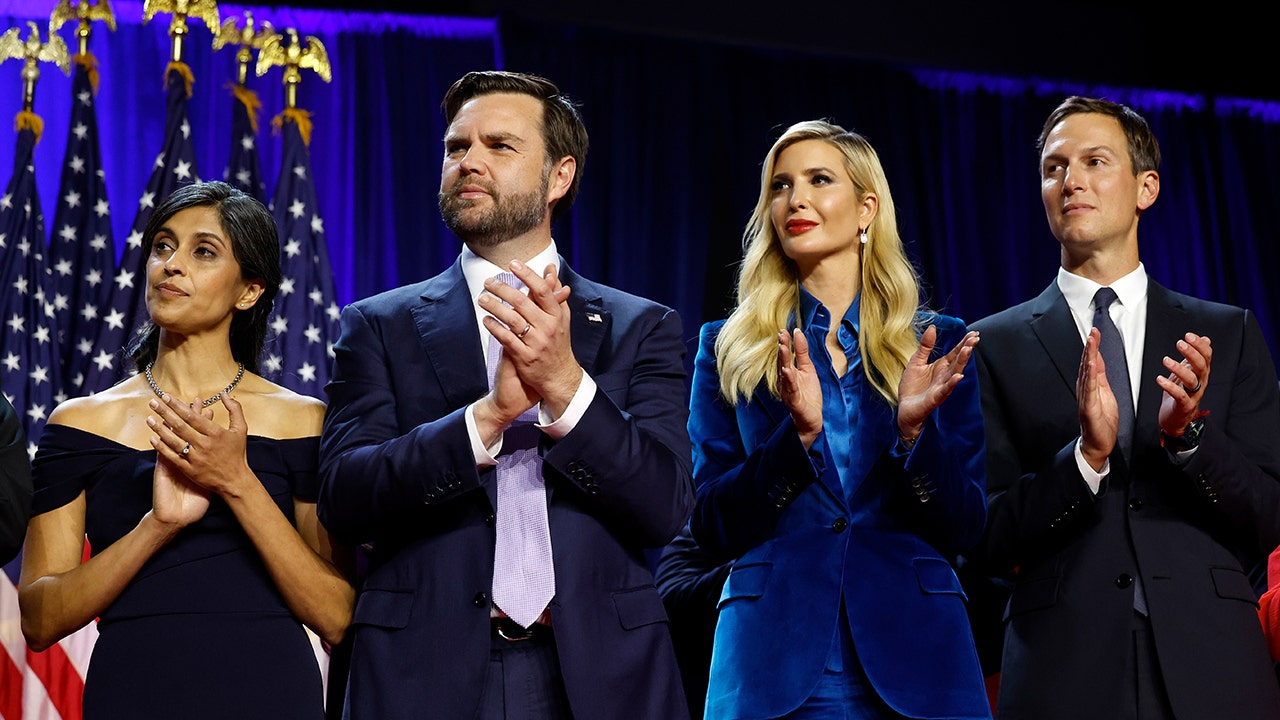
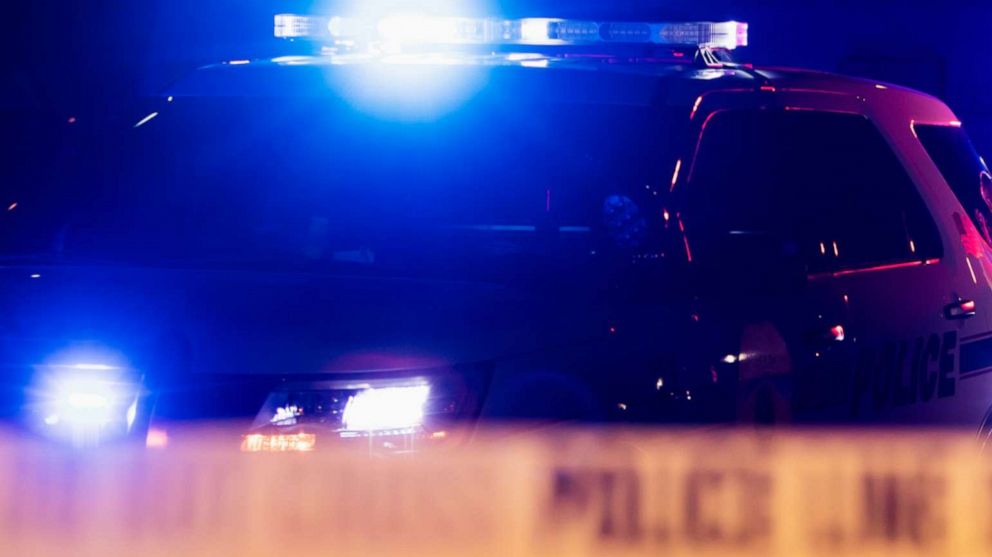

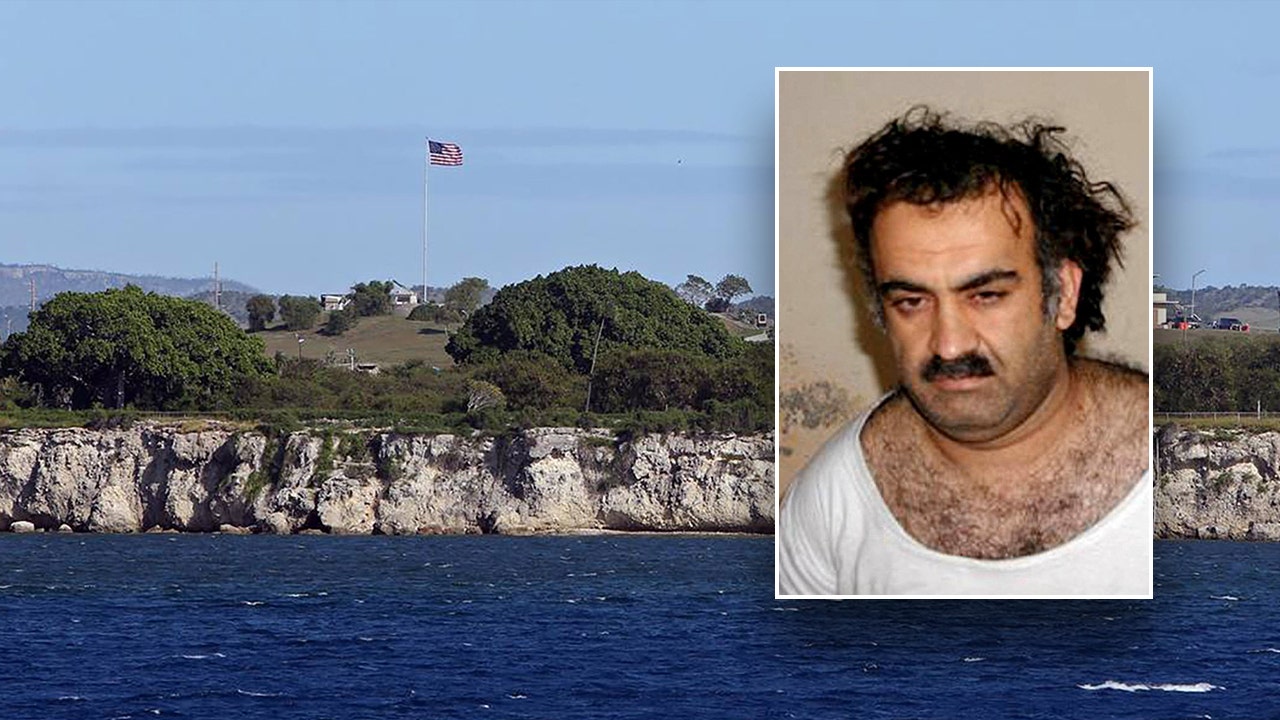
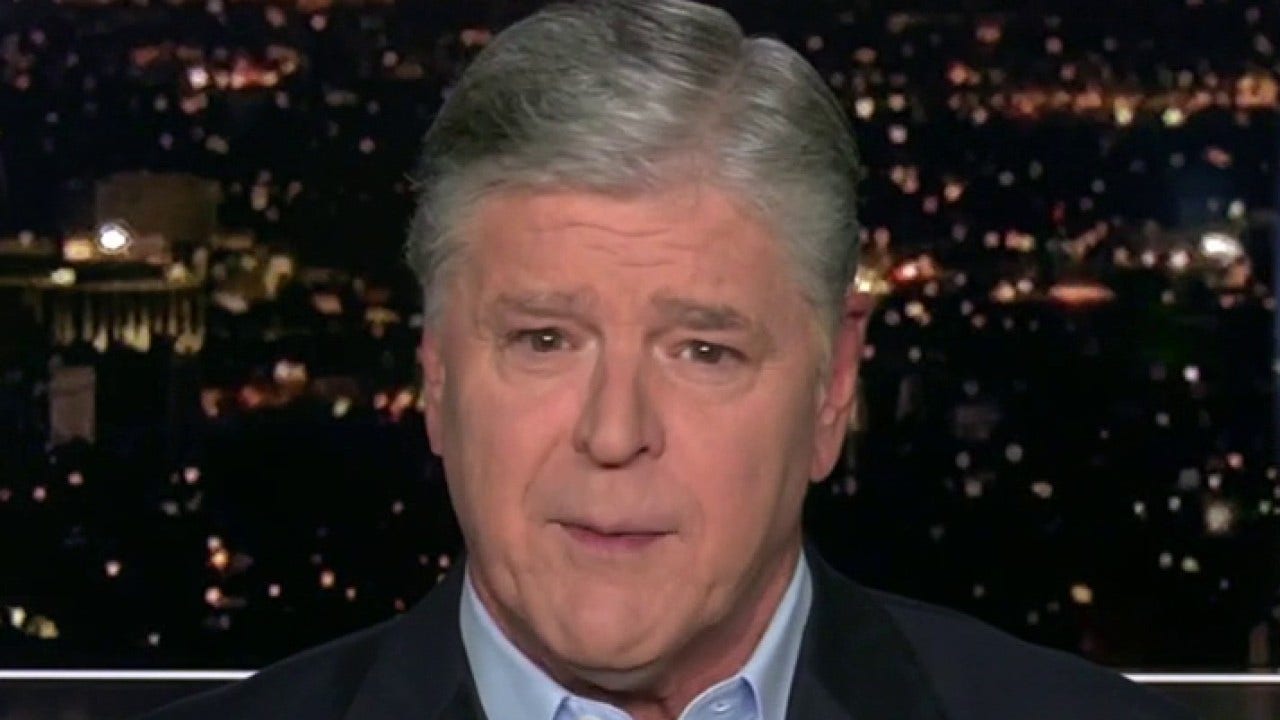
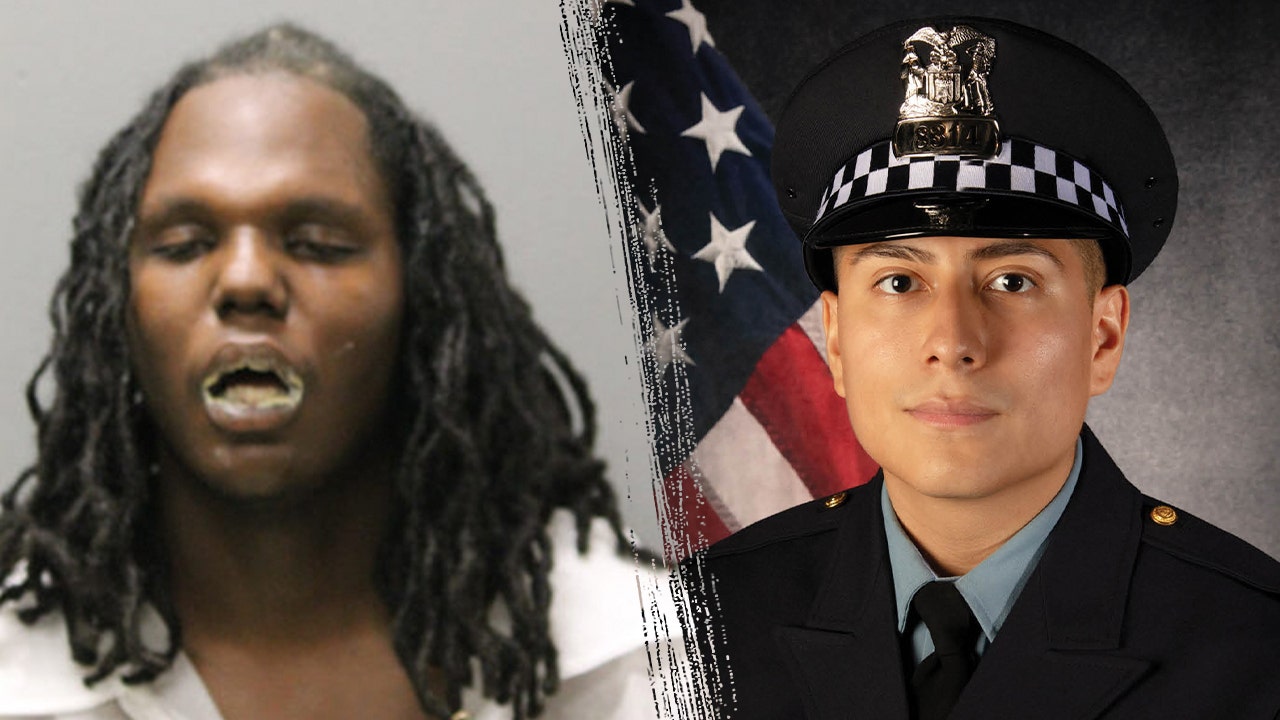
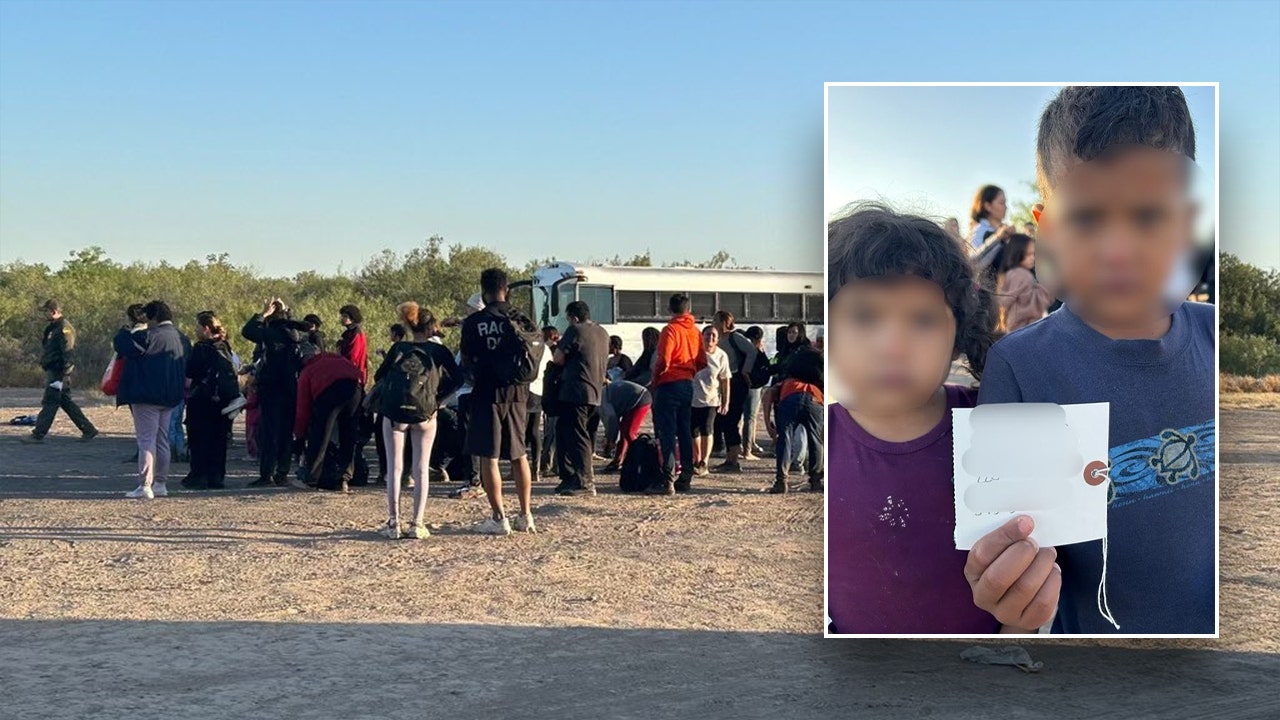

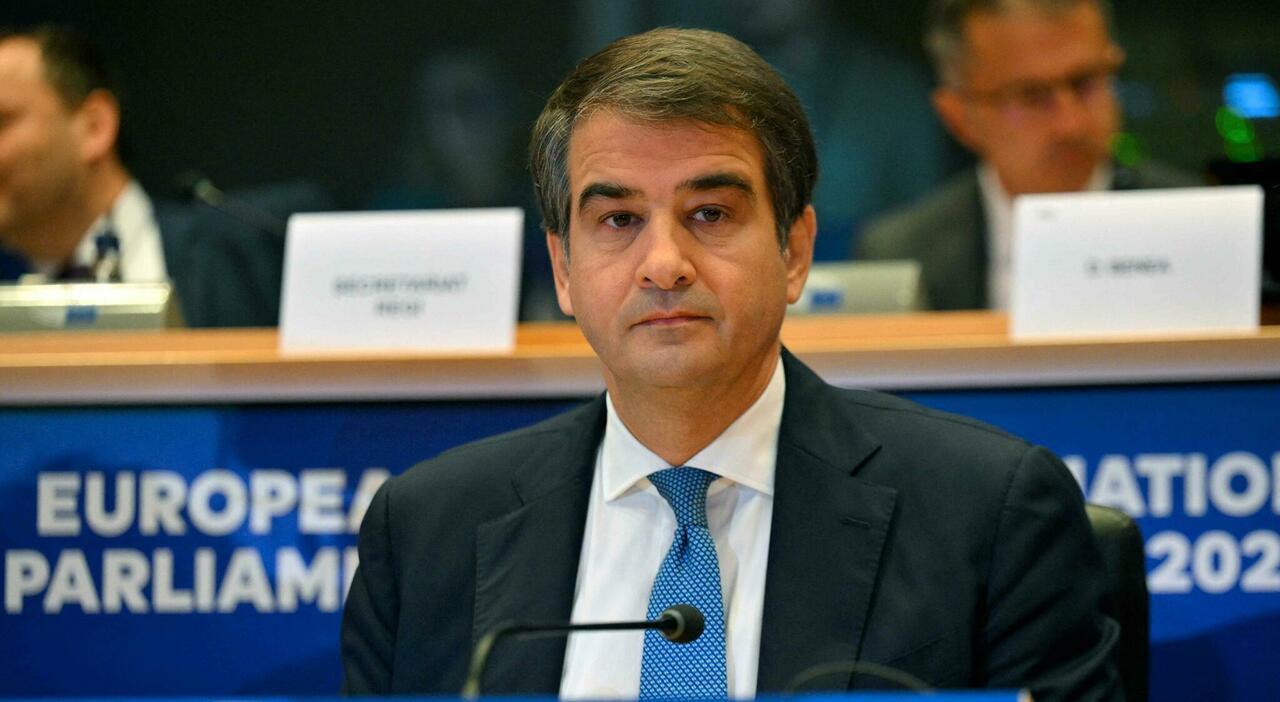


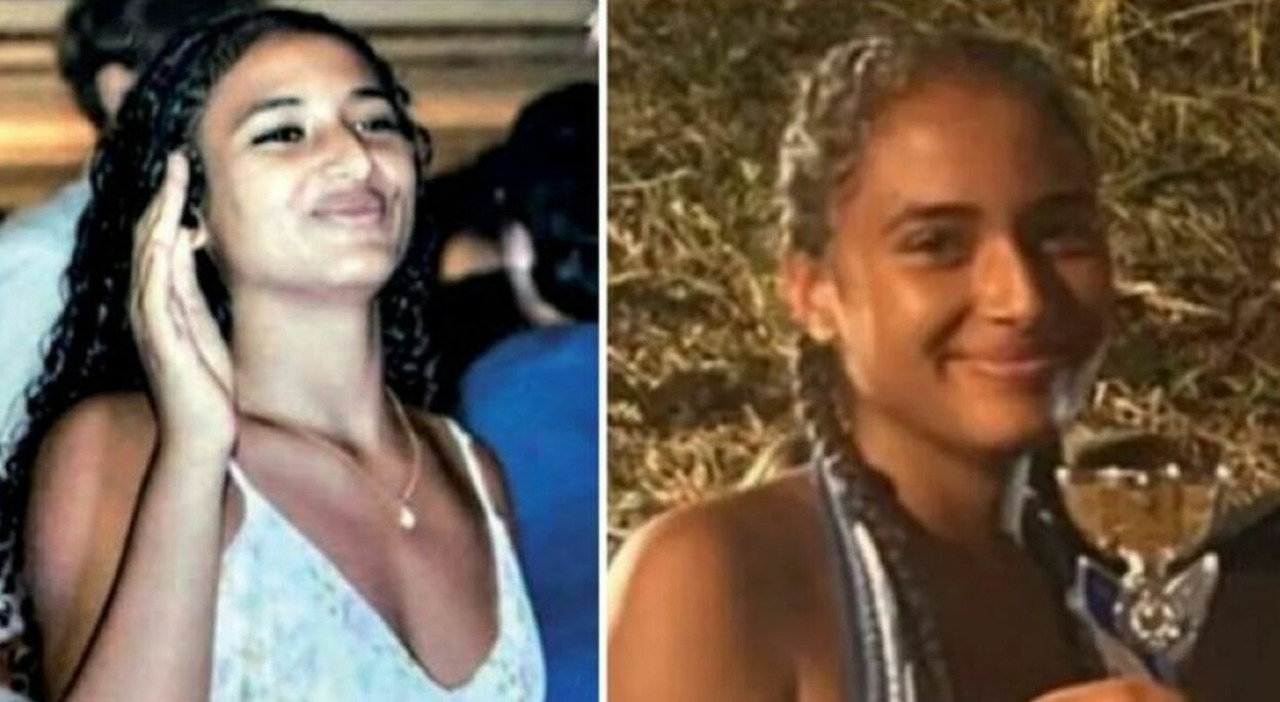

 English (US) ·
English (US) ·